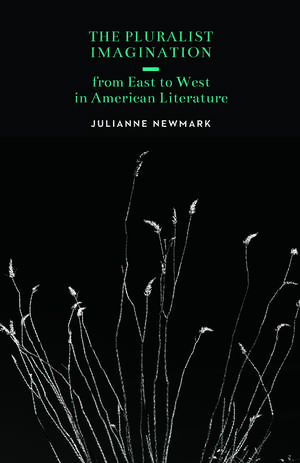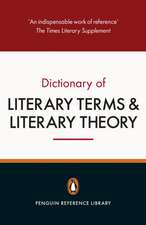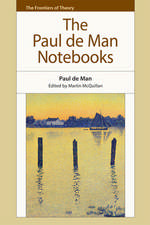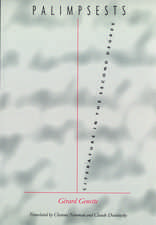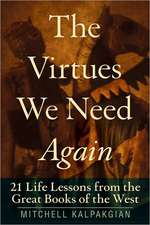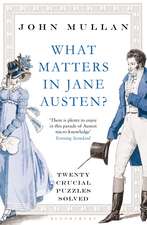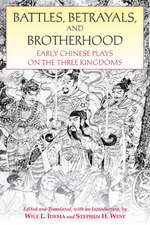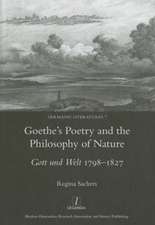The Pluralist Imagination from East to West in American Literature
Autor Julianne Newmarken Limba Engleză Hardback – 2015
The first three decades of the twentieth century saw the largest period of immigration in U.S. history. This immigration, however, was accompanied by legal segregation, racial exclusionism, and questions of residents’ national loyalty and commitment to a shared set of “American” beliefs and identity. The faulty premise that homogeneity—as the symbol of the “melting pot”—was the mark of a strong nation underlined nativist beliefs while undercutting the rich diversity of cultures and lifeways of the population. Though many authors of the time have been viewed through this nativist lens, several texts do indeed contain an array of pluralist themes of society and culture that contradict nativist orientations.
In The Pluralist Imagination from East to West in American Literature, Julianne Newmark brings urban northeastern, western, southwestern, and Native American literature into debates about pluralism and national belonging and thereby uncovers new concepts of American identity based on sociohistorical environments. Newmark explores themes of plurality and place as a reaction to nativism in the writings of Louis Adamic, Konrad Bercovici, Abraham Cahan, Willa Cather, Paul Laurence Dunbar, Charles Alexander Eastman, James Weldon Johnson, D. H. Lawrence, Mabel Dodge Luhan, and Zitkala-Ša, among others.
This exploration of the connection between concepts of place and pluralist communities reveals how mutual experiences of place can offer more constructive forms of community than just discussions of nationalism, belonging, and borders.
In The Pluralist Imagination from East to West in American Literature, Julianne Newmark brings urban northeastern, western, southwestern, and Native American literature into debates about pluralism and national belonging and thereby uncovers new concepts of American identity based on sociohistorical environments. Newmark explores themes of plurality and place as a reaction to nativism in the writings of Louis Adamic, Konrad Bercovici, Abraham Cahan, Willa Cather, Paul Laurence Dunbar, Charles Alexander Eastman, James Weldon Johnson, D. H. Lawrence, Mabel Dodge Luhan, and Zitkala-Ša, among others.
This exploration of the connection between concepts of place and pluralist communities reveals how mutual experiences of place can offer more constructive forms of community than just discussions of nationalism, belonging, and borders.
Preț: 419.12 lei
Nou
Puncte Express: 629
Preț estimativ în valută:
80.20€ • 83.95$ • 66.75£
80.20€ • 83.95$ • 66.75£
Carte disponibilă
Livrare economică 10-24 martie
Preluare comenzi: 021 569.72.76
Specificații
ISBN-13: 9780803254794
ISBN-10: 0803254792
Pagini: 200
Ilustrații: 6 maps (cr)
Dimensiuni: 140 x 216 x 22 mm
Greutate: 0.36 kg
Editura: Nebraska
Colecția University of Nebraska Press
Locul publicării:United States
ISBN-10: 0803254792
Pagini: 200
Ilustrații: 6 maps (cr)
Dimensiuni: 140 x 216 x 22 mm
Greutate: 0.36 kg
Editura: Nebraska
Colecția University of Nebraska Press
Locul publicării:United States
Notă biografică
Julianne Newmark is an associate professor of English at New Mexico Tech.
Cuprins
List of Maps
Preface
Acknowledgments
Introduction: Social and Cultural Milieus of Pluralism in the American Literary Imagination
1. The Early Emergence of Pluralism in Modern American Literature
2. Counternativist Pluralism in the American Southwest
3. Trans-national Pluralism and Native Sovereignty
Conclusion: Against the New Nativism
Notes
Bibliography
Index
Recenzii
"The Pluralist Imagination: From East to West in American Literature offers a refreshing look at narratives of American national identity formation."—Cristina Stanciu, Studies in American Indian Literatures
“Julianne Newmark leads us back in time to multiethnic authors who thought deeply and creatively about some of the seemingly intractable racialized rhetorics that still bedevil us today. This is a timely, beautiful, and ultimately hopeful book, one that has much to say about larger public conversations surrounding American identity, how we read the past, and how we build coalitions across racial and ethnic lines.”—Siobhan Senier, editor of Dawnland Voices: An Anthology of Indigenous Writing from New England
